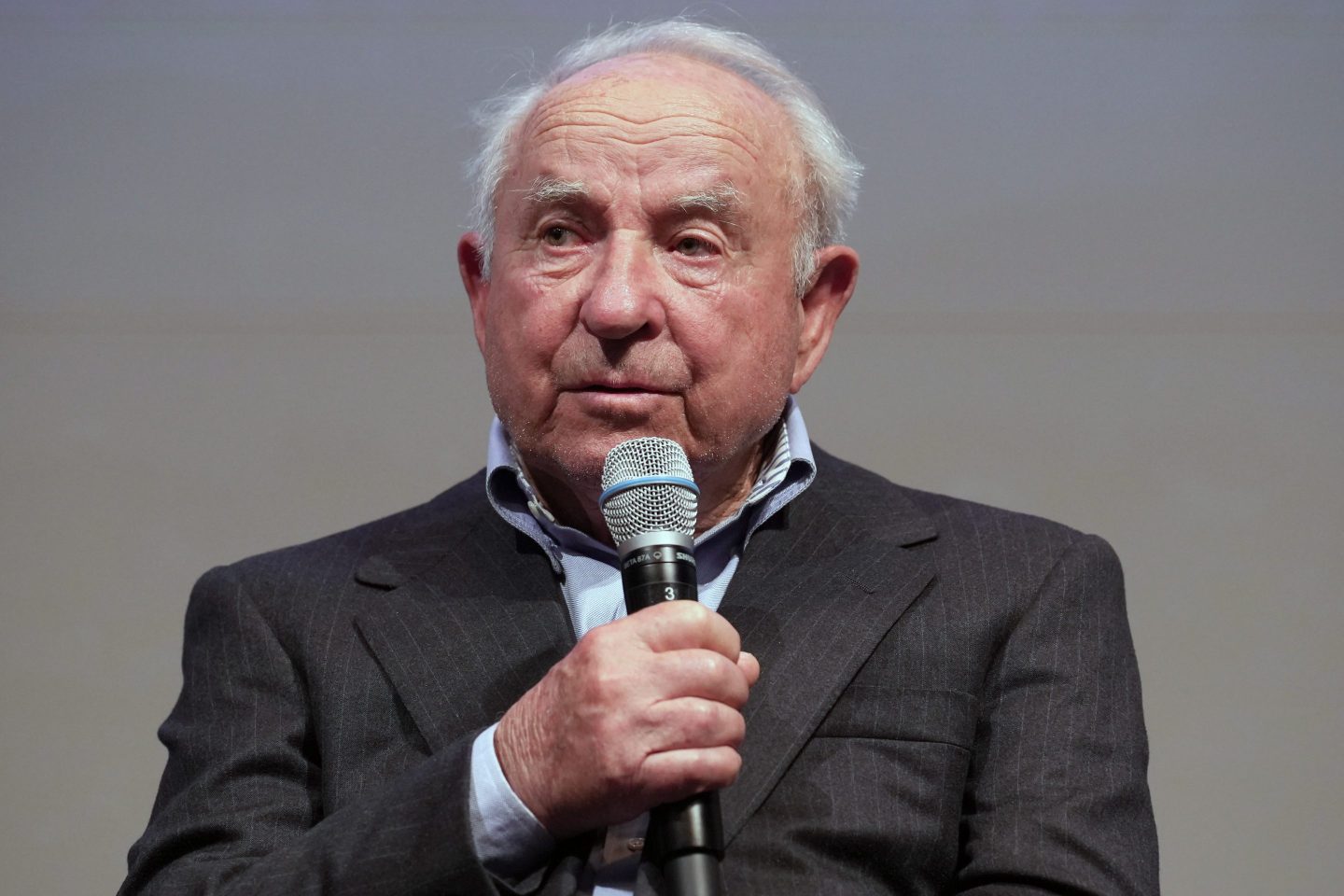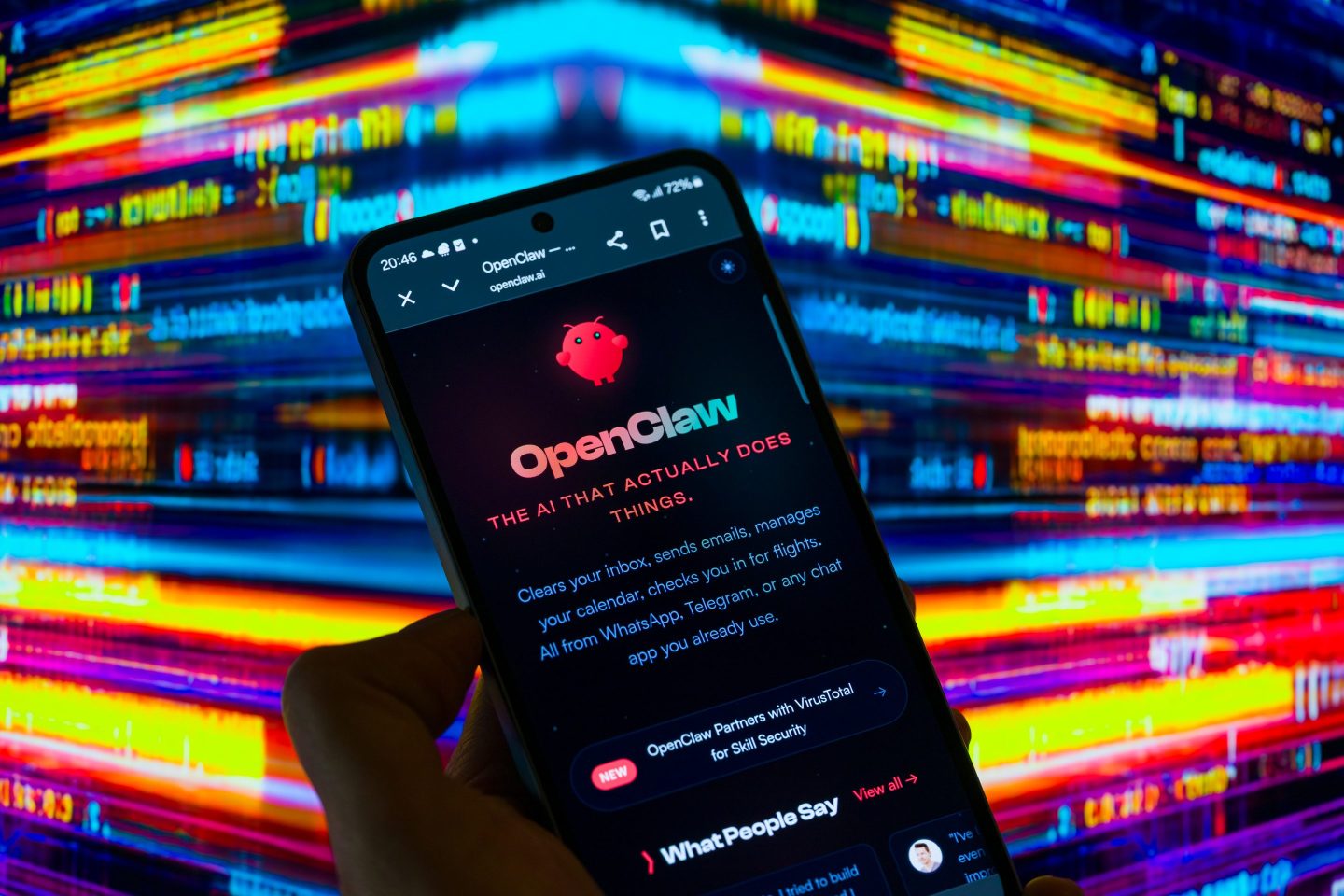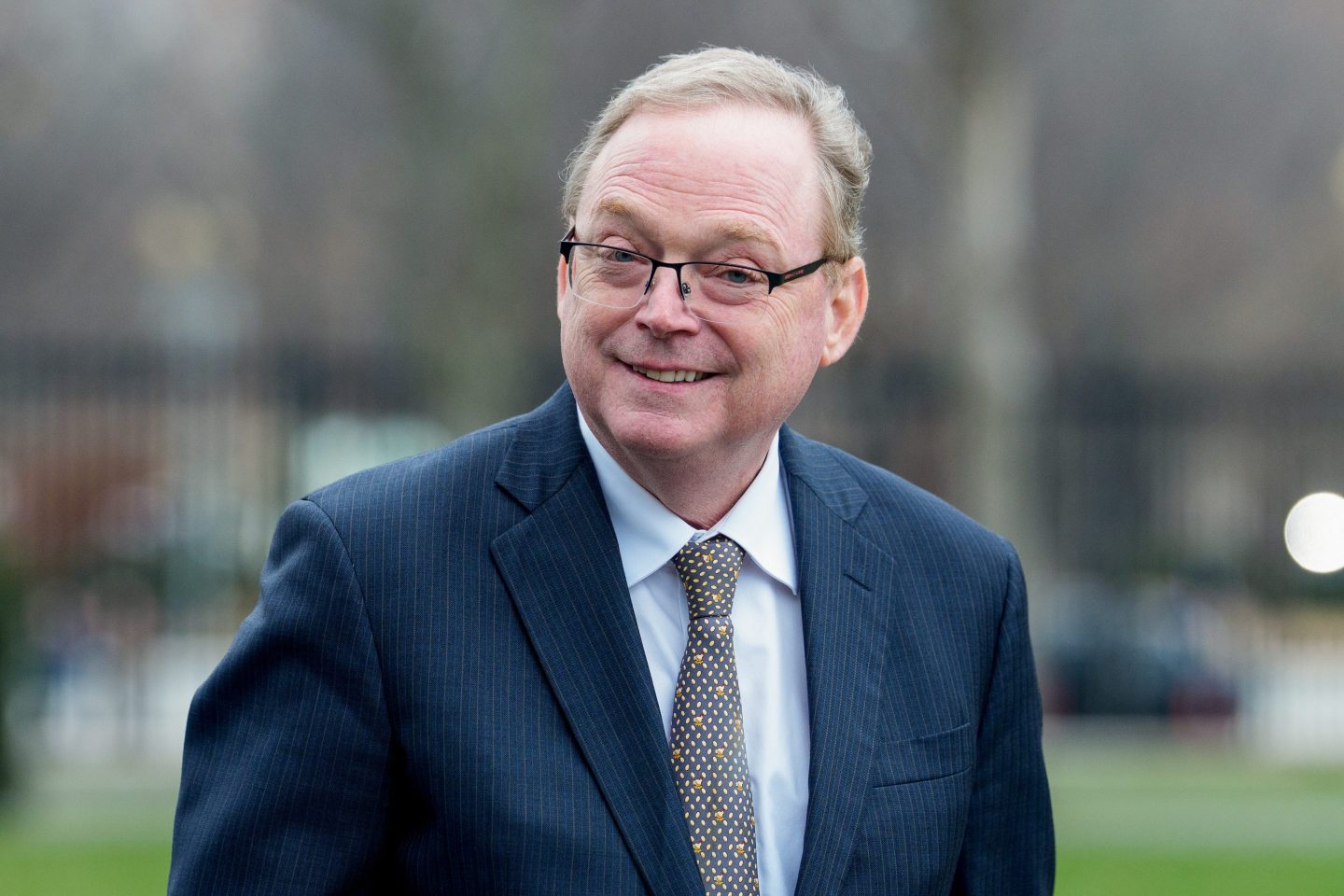For many business leaders, joining the billionaires club is the ultimate badge of success—placing them among the ranks of Warren Buffett, Bill Gates, and Jeff Bezos.
However, for Yvon Chouinard, the founder of the outdoor apparel company Patagonia, being highlighted as a member of the ultrawealthy was “one of the worst days of his life.”
“It really, really pissed me off,” he said upon being placed on Forbes 2017 billionaire list, according to excerpts from Dirtbag Billionaire: How Yvon Chouinard Built Patagonia, Made a Fortune, and Gave It All Away by David Gelles.
“I don’t have $1 billion in the bank. You know, I don’t drive Lexuses.”
A lifelong rock climber, Chouinard spent years sleeping in his car or on dirt floors in the wilderness, surviving on just $1 a day and even eating dented cans of cat food. That scrappy existence makes his billionaire milestone all the more remarkable—especially as a pioneer in the climbing world.
However, the now 86-year-old did not believe being a billionaire was something to tout. Instead, he viewed it as a “policy failure” due to the growing divide between the rich and poor and demanded his staff get him off the list—but selling the $3 billion company or going public was off the table.
How Patagonia’s founder got his name off the list of the world’s richest
Selling the company would make Chouinard go from asset-rich to having actual billions in the bank—defeating the purpose of the exercise.
And he refused to IPO. “I don’t respect the stock market at all,” Chouinard said according to Gelles’ new book. “Once you’re public, you’ve lost control over the company, and you have to maximize profits for the shareholder. You lose all control, and then you become one of these irresponsible companies.”
So in 2022, Chouinard and his family decided to transfer their ownership in Patagonia to a trust and a nonprofit organization that ensured the company’s $100 million a year in profits were used to combat climate change and protect undeveloped land.
“Hopefully this will influence a new form of capitalism that doesn’t end up with a few rich people and a bunch of poor people,” Chouinard told The New York Times at the time of the announcement. “We are going to give away the maximum amount of money to people who are actively working on saving this planet.”
And while the move was also a way to avoid paying significant taxes from just letting Patagonia shift to Chouinard’s heirs, he said it was the ideal solution to escaping billionaire status.
Four new billionaires are minted every week
Chouinard is not alone in his feelings that wealth inequality is a growing concern. Over a quarter of U.S. adults across political affiliations say it’s a bad thing that some people have personal fortunes of a billion dollars or more, according to Pew Research Center.
And while a majority of Americans, 55%, remain unconcerned, many billionaires have taken it upon themselves to give away their masses of wealth. In 2010, Warren Buffett as well as Bill and Melinda French Gates created The Giving Pledge, a commitment to give away 50% of their wealth to philanthropy during their lifetimes.
An estimated $206 billion has been donated by the original pledgers, but a majority of the money has gone into private foundations, according to the Institute for Policy Studies. Less than 4% of the signers have followed through on the pact.
Meanwhile, billionaire wealth continues to increase dramatically; billionaire growth increased three times faster in 2024 versus the year prior—equating to an average of nearly four new billionaires every week, Oxfam estimates. In the U.S. alone, billionaire wealth increased by $1.4 trillion in 2024, with 74 more people becoming billionaires.
This year alone, Larry Ellison’s net worth has soared by $175 billion, according to the Bloomberg Billionaire Index. And while he briefly surpassed Elon Musk as the richest person in the world, the Tesla and SpaceX CEO has recemented his lead with a net worth of $440 billion.













